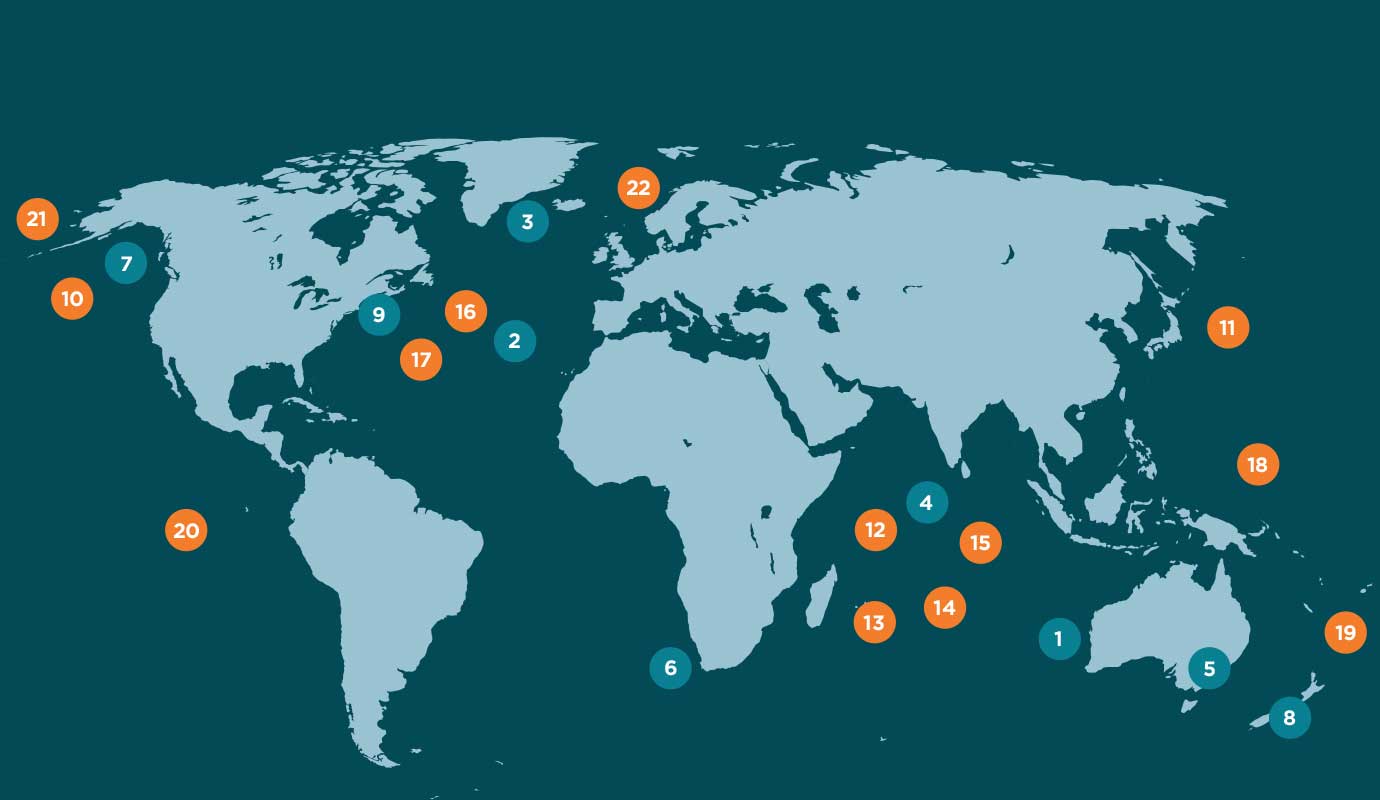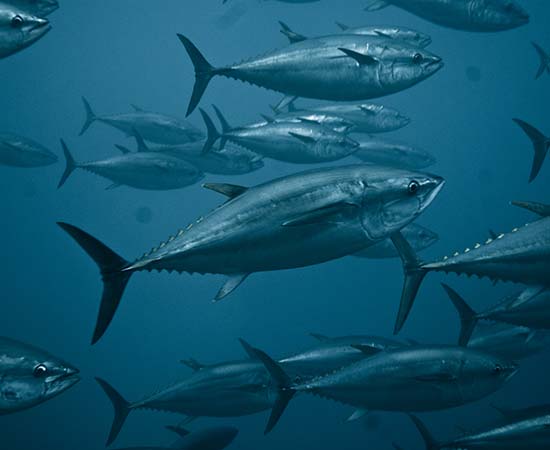
Dive deeper into MPs and MSE through these new, free e-learning courses through the FAO eLearning Academy.
Learn more
Learn how the Western and Central Pacific Fisheries Commission 22nd commission meeting steered South Pacific albacore toward sustainability.
Learn more
Check out the blog to learn how Sea Pact and the new initiative, All Tunas 2028, are working to increase seafood market involvement at RFMOs.
Learn more
Learn how a workshop in Egypt helped strengthen science-manager dialogue and increase regional capacity-building on management procedures and management strategy evaluation.
Learn more
Learn about the South Pacific Regional Fisheries Management Organization’s upcoming opportunity to adopt a harvest strategy for all their fisheries.
Learn moreThe Harvest Strategy Tracker is an interactive tool that provides a comprehensive, up-to-date overview of the status of harvest strategy development and implementation across RFMOs.
Learn more
This short animation explains the shift toward Management Procedures (MPs), showing how they offer a straightforward, long-term blueprint for productive and sustainable fisheries management.
Learn moreHarvestStrategies.org serves as a resource for fisheries scientists, managers, and other stakeholders, compiling information about how harvest strategies work and how implementing this pioneering management approach can lead to sustainable, profitable fisheries and successful recovery programs for many species around the world. The site is managed by The Ocean Foundation’s International Fisheries Conservation Project with support from The Pew Charitable Trusts and the Common Oceans Tuna Fisheries Project, which is funded by GEF and implemented by FAO.
| Status | Description |
|---|---|
| This item has been adopted | |
| This item is in development | |
| This item is behind / stalled | |
| This item has not been started yet |

